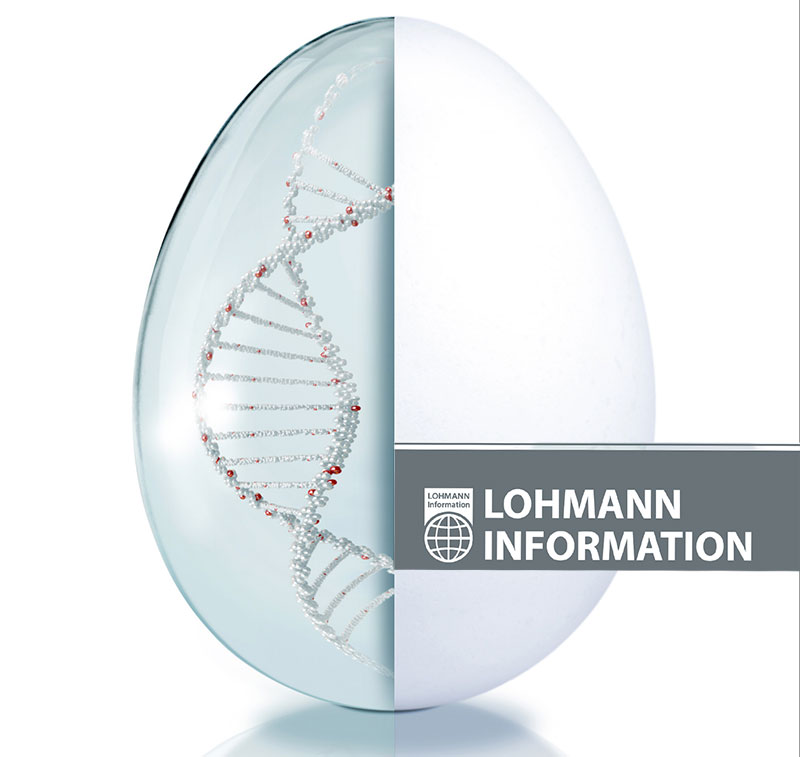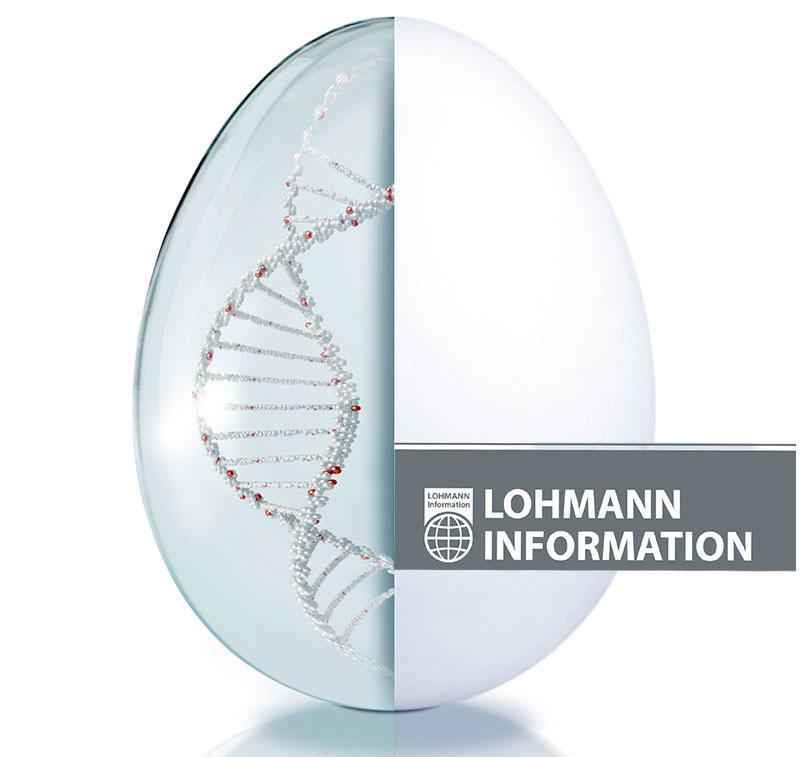This website uses cookies to improve your experience. We'll assume you're ok with this, but you can opt-out if you wish. Read More

The Friedrich-Loeffler-Institut, Federal Research Institute for Animal Health, which celebrated its centennial this month, may have been relatively unknown to…

Summary This article offers information on the present status of goat populations and their productivity. The overview discusses number of…

Introduction ITo comply with EU regulations, less than 15 months are left until the January 2012 deadline, at which time…

Summary Salmonella (S.) Infantis infections in humans transmitted by food are increasingly observed around the world. S. Infantis strains from…

Summary Salmonella is one of the major sources of food-borne disease in humans. Contaminated eggs still cause high numbers of…

Summary Drinking water for animals is a feedstuff and the most important nutrient. A shortage of water in the organism…

Summary The European Master in Animal Breeding and Genetics (EMABG) is a two-year MSc program provided by six EU university…

Summary The European Master in Animal Breeding and Genetics (EMABG) is a two-year MSc program provided by six EU university…

Introduction The science which the participants of this World Congress on Genetics Applied to Livestock Production engage in and the…
And find out about all the latest industry news.